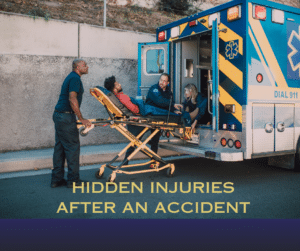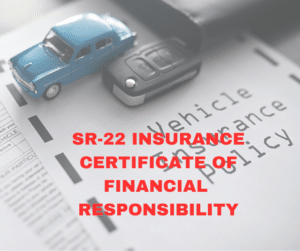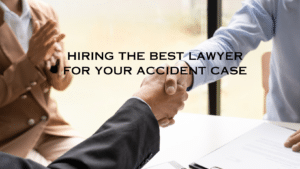1. Call the Police
If anyone was injured in an accident, you must call the police. You need to have an officer do an investigation. The report provided by the officer will be invaluable for resolving an accident and making appropriate insurance claims. Additionally, if injuries are serious, make sure you notify 911 that you need emergency medical assistance.
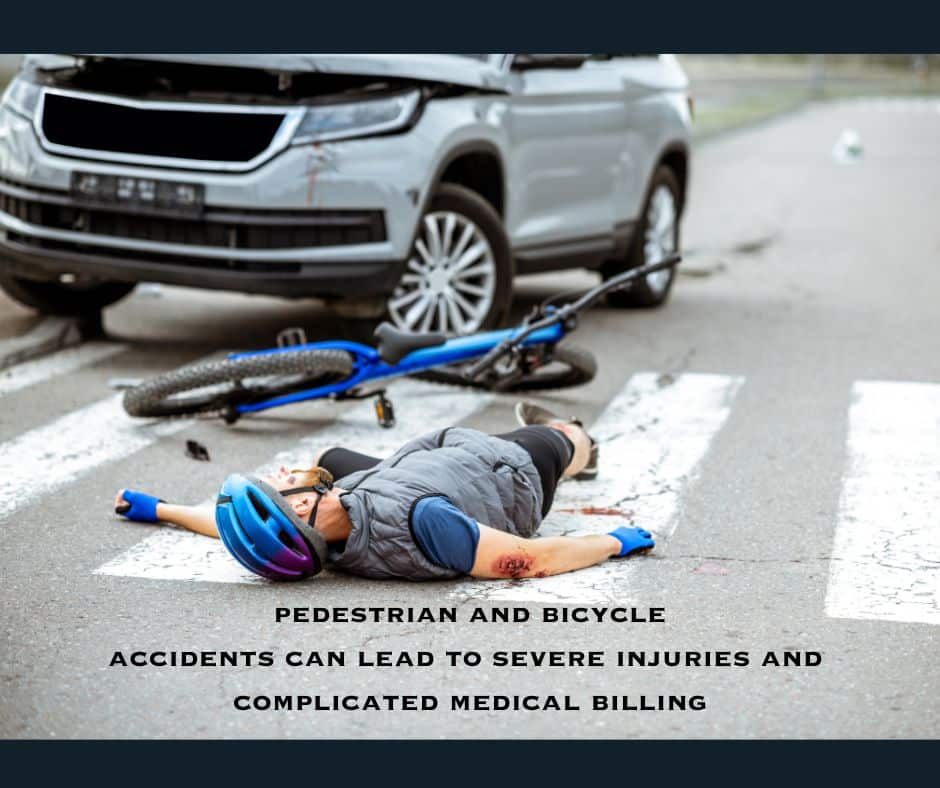
2. Exchange information
In the event an officer cannot be dispatched to your accident, make sure you exchange information. Both drivers or the driver and pedestrian should provide each other with their names, contact information, and insurance information available.
3. Locate Witnesses
If you notice there are bystanders near your accident, be sure to ask if they witnessed anything. It is not uncommon for officers to ignore bystanders and, subsequently, miss valuable information. Many accidents that seem clear cut are still contested by insurance companies. If you have a witness or two, this can cut down the chances there will be contested liability.
4. Document The Scene
In addition to collecting witness information, be sure to take photos. You can also ask bystanders if they can text or email you any videos or photos that they took. Pay attention to damage to each vehicle, impact points, subsequent impacts to other vehicles or property, skid marks, and any road signs nearby. Sometimes, by the time a case is contested or goes to trial, a road may look different or road signs have changed. Make sure you capture the scene as it was at the time of your accident.
5. Insurance Companies
Ideally, you should reach out to an experienced personal injury attorney so that you know of all potential insurance policies. Additionally, as noted above, it is important to know the “order of operations” with regard to how medical policies and PIP are supposed to run as opposed to other auto policy coverages.
There can easily be half a dozen policies at play and you need to know how to make those policies work. Do not expect the adjusters to help you. They are paid to avoid paying out claims so they are not going to share with you any additional policies. Furthermore, they can tell you that there is no PIP but they won’t tell you how to challenge this. That is not their job and you could miss out on valuable policies.
6. Making Statements
You do have a duty to cooperate with your own insurance company but you are not required to make statements to the at-fault driver’s company. Ideally, you should speak with a lawyer before you make any statements (they will be recorded) since those statements are intended to be used later to avoid accepting liability. Insurance companies report billions in profits every year and pay millions in dividends so be aware of your adversary. They are always an adversary so don’t be fooled.
If you were injured due to someone else’s negligence, reach out to our attorneys to see how we can help. We are here 7 days a week. We’re proud to be Winner of Best of Kitsap and Best of Westsound. It is our goal to seek justice for every one of our clients. (360) 792-1000
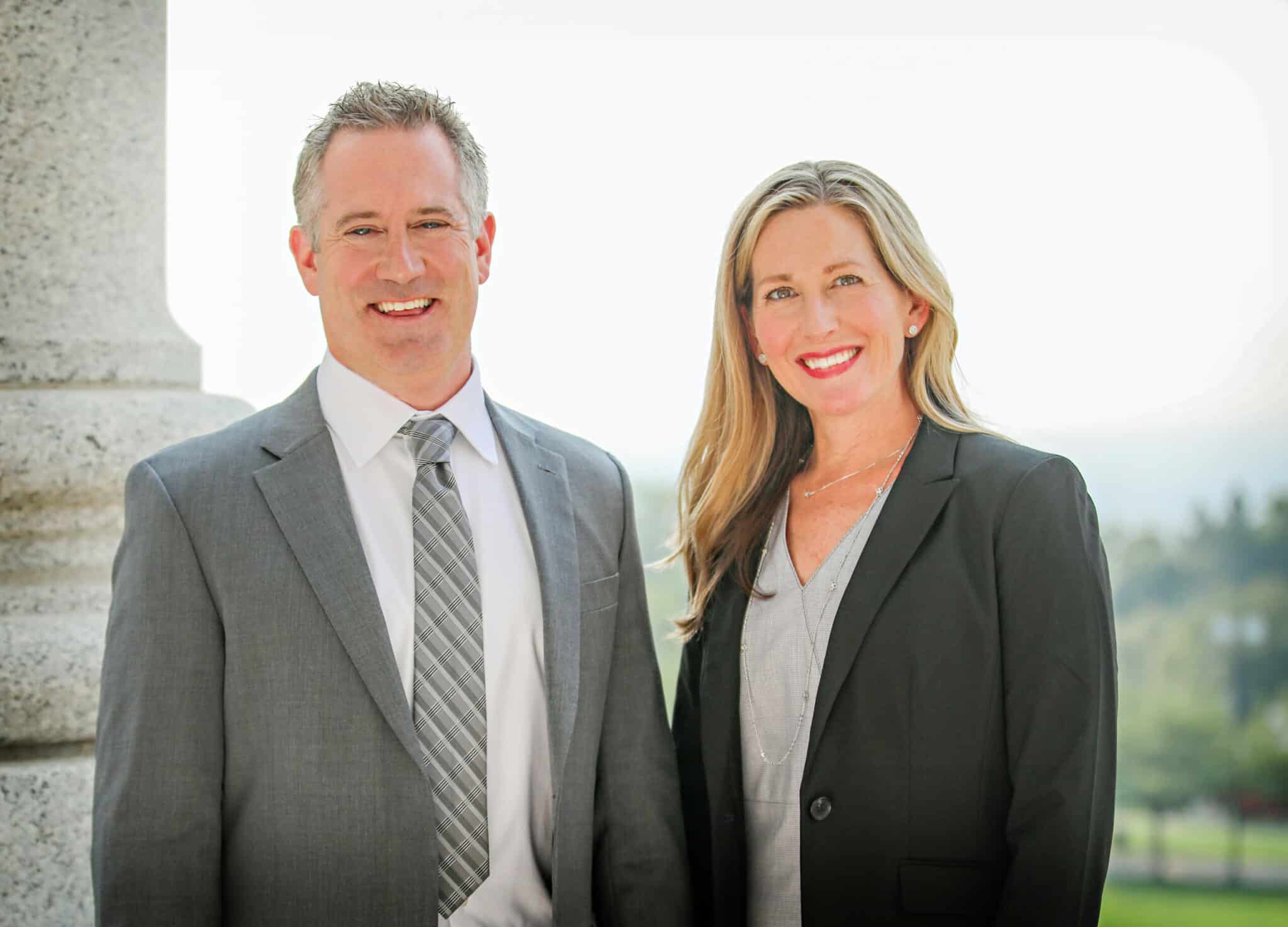
Get help now
Whether you choose to handle your case alone or engage the Witt Law Group, being informed and prepared is essential. Early involvement of an attorney can significantly impact your chances of a fair recovery, allowing you to focus on healing while we handle negotiations with insurance adjusters to secure fair compensation for your injuries.


